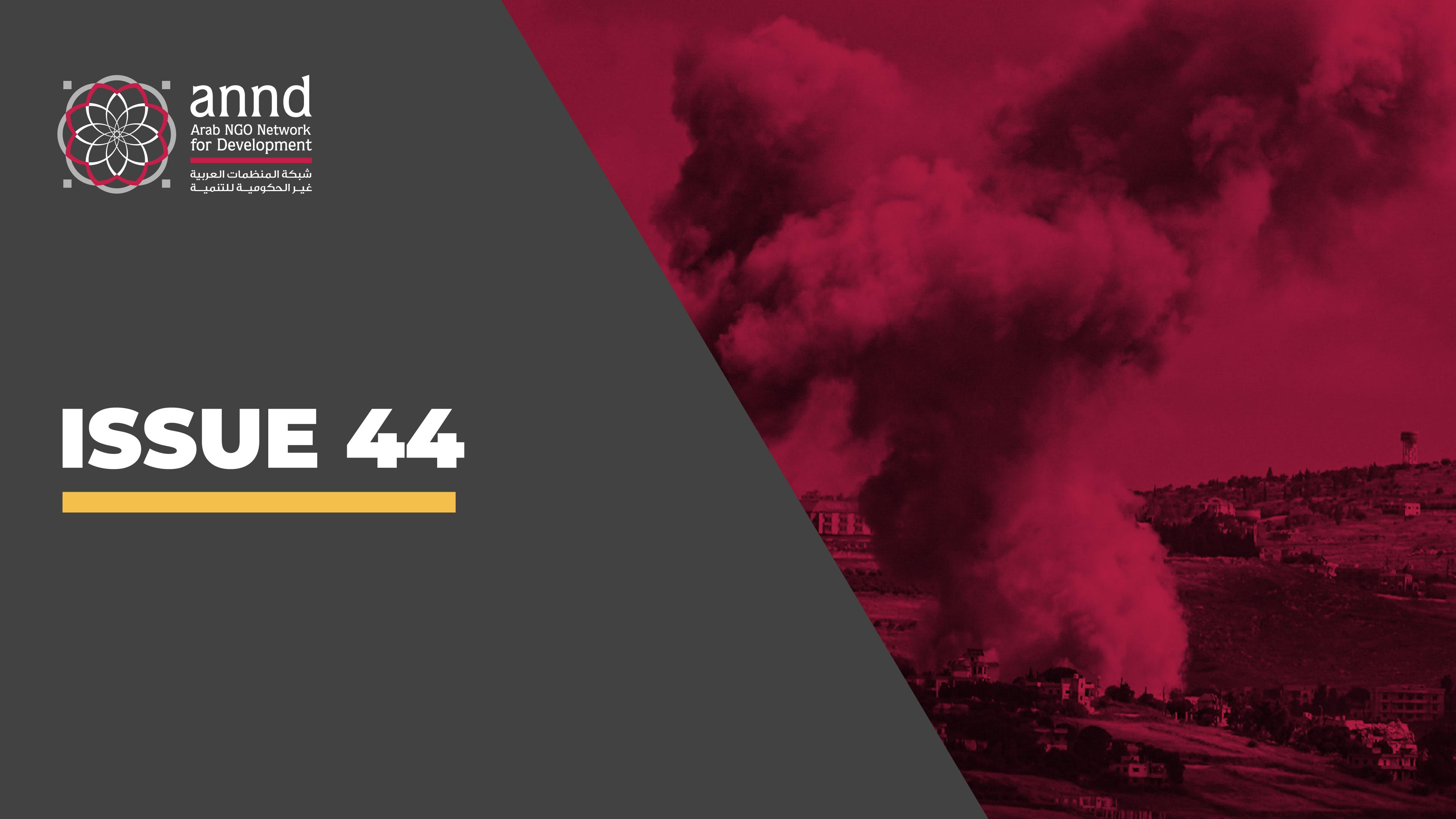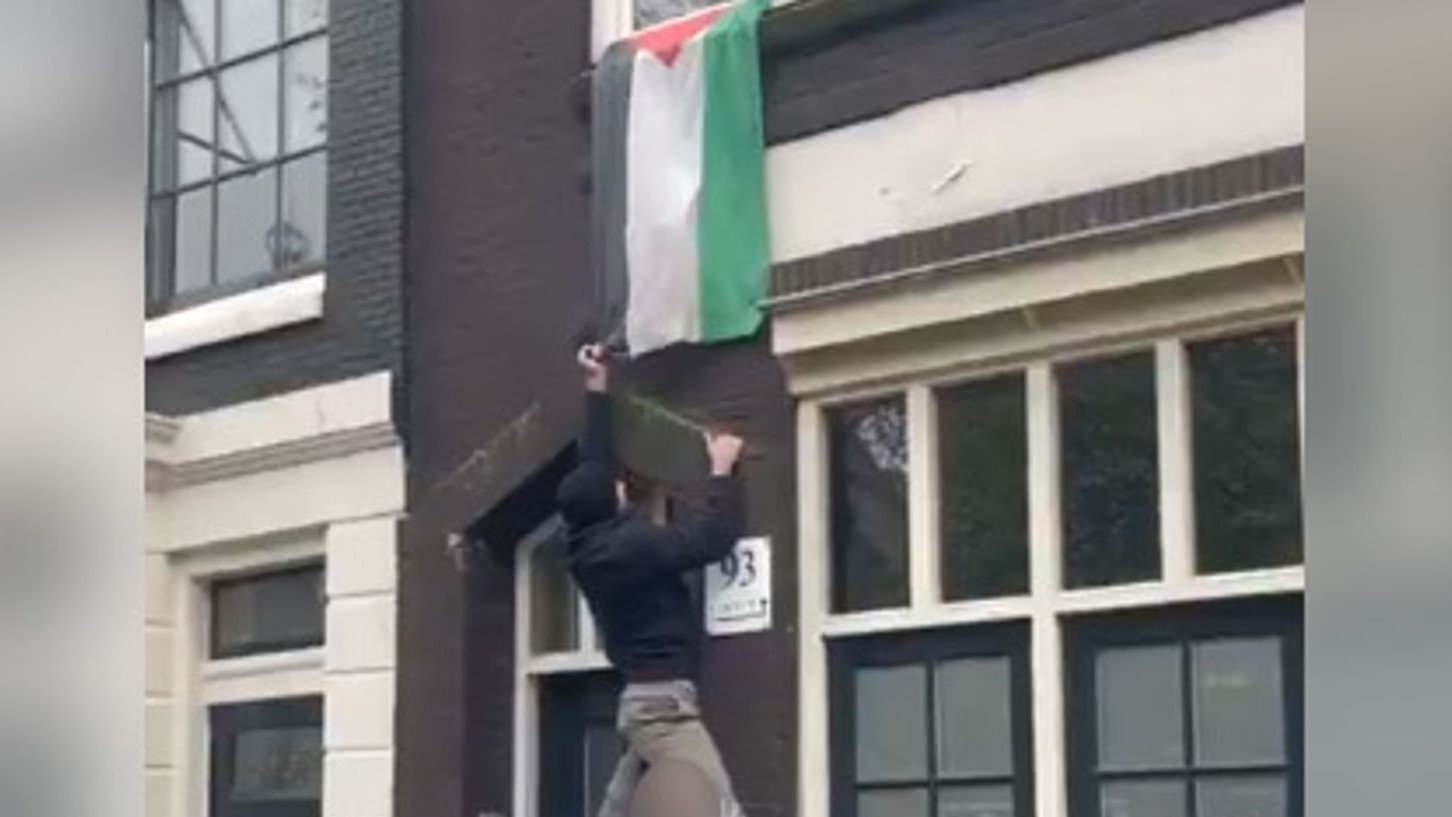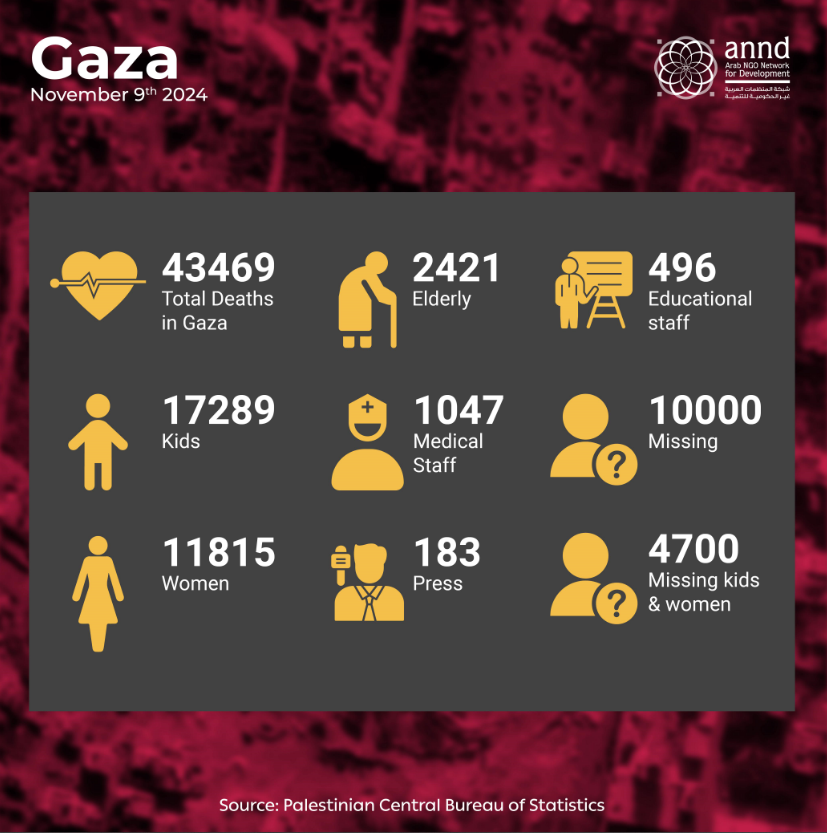
A Region on Fire
Issue 44 - November 9, 2024
Critical Countdown Until President Trump Takes Office Early Next Year
The region awaits President Trump’s takeover in January 2025, with uncertainty and a range possible scenarios until then. This interim period may give Netanyahu’s government more time to secure gains on the ground, shaping terms for a post-war settlement. Increasing attacks on Gaza and Lebanon, now almost routine, receive little serious pushback. In Gaza, mass killings and forced displacement continue, while in Lebanon, Israel’s strikes, claimed to target Hezbollah infrastructure, largely affect residential areas, with most casualties being civilians.
This ongoing violence fuels growing anger in the region and among Arab communities worldwide, risking sudden flare-ups. Recent clashes in Amsterdam between Maccabi fans and Arab residents underscore this risk and highlight global delays or failures in addressing alleged Israeli war crimes through justice mechanisms.

Battlefield Developments in Lebanon
Israeli aircraft launched 14 intense airstrikes on Beirut’s southern suburbs, including Haret Hreik, Burj al-Barajneh, and Hadath near the Lebanese University, following evacuation warnings to residents. These strikes caused extensive damage to residential buildings and sparked fires. In southern Lebanon, the Lebanese Health Ministry reported seven fatalities and 46 injuries from Israeli airstrikes on Tyre. Several towns in the Tyre, Nabatieh, Marjayoun, Hasbaya, and Bint Jbeil districts were also targeted. In the Beqaa region, the Governor of Baalbek announced that 16 people were killed in villages there. Additionally, three medics were injured in an airstrike on a rescue point in Ain Baal.
The Israeli military spokesperson stated on Saturday morning that the airstrikes targeted Hezbollah military sites in Beirut’s southern suburbs, including command centers, a weapons manufacturing facility, and Hezbollah infrastructure. However, Lebanese media reported that residential buildings were also struck.
On Saturday evening, Israel’s Channel 13 reported that the Israeli army is nearing the end of its ground operations in Lebanon, with over 90% of the ground offensive reportedly completed. The Israeli army has stated that it hit 100 targets across Lebanon in recent days, including Hezbollah infrastructure in Tyre and Baalbek.
Hezbollah announced its fighters launched rocket attacks on Israel’s Zevulun military base, north of Haifa, and targeted Israeli cities and settlements with drones and rockets. It specifically attacked Kiryat Shmona and Safed with rockets and claimed to have shot down an Israeli Hermes 450 drone over Deir Siryan.
The Lebanese Health Ministry reports that the death toll has risen to 3,136, with 13,979 injured since the start of the Israeli assault on Lebanon.
Political Developments in Lebanon
After a recent meeting, the Higher Islamic Sharia Council issued a statement with several key points. On international matters, it called for the UN Security Council to immediately issue a ceasefire and start implementing Resolution 1701. Domestically, the Council stressed that electing a president is crucial for national unity and must not be delayed or obstructed. It urged all political parties in Lebanon to return to state institutions to protect the country. The Council also expressed support for the recent spiritual summit held at Bkerke, which shared similar positions. This is the Council’s first statement of this kind and aligns with sentiments expressed in a recent Druze political and spiritual gathering. The Higher Islamic Sharia Council is responsible for issuing rules and guidelines for the religious affairs of Sunni Muslims in Lebanon.
Tourism Minister Walid Nassar stated that rebuilding Lebanon after the Israeli conflict will not be difficult, as Lebanon has faced similar challenges in the past. He noted that Israel's attacks have now extended beyond military targets to include Lebanese UNESCO World Heritage sites, describing this as a grave assault on the nation’s cultural heritage.
A parliamentary source, citing a Western diplomat, revealed that Israeli Prime Minister Benjamin Netanyahu is considering a phased solution in Lebanon. According to the source, Netanyahu may agree to a ceasefire soon, perhaps within two weeks, while deferring the issue of Hezbollah’s arms until President Donald Trump's team assumes responsibility for the matter. Netanyahu is reportedly aiming for a broader regional deal that could extend beyond Lebanon to address various actors in the region.
International Developments
The Iraqi Prime Minister renewed his call to end Israel's "brutal war" in Gaza and Lebanon.
The Iranian Foreign Minister announced that Iran stands with the Lebanese and Palestinian people, supporting their right to resist occupation. He dismissed the U.S. accusations of an Iranian plot to assassinate former President Trump as a "fabricated scenario."
The U.S. Secretary of Defense, in a call with Israel's new Defense Minister, reaffirmed the United States' commitment to Israel's security and its support for Israel's right to self-defense.
Reuters reported, citing an informed source, that Qatar may pull out of mediating Gaza negotiations unless Hamas and Israel show genuine willingness to negotiate. Qatar has reportedly concluded that Hamas' political office in Doha is no longer serving its purpose, though the reliability of this information remains uncertain.
Gaza: 400 Days of Aggression
On October 17, 2024, the Integrated Food Security Phase Classification (IPC) team released a report on the situation in Gaza, classifying the entire region in Phase 4 (emergency) of the food security scale, indicating acute food insecurity. The report also highlighted that, in September and October 2024, 133,000 people were facing catastrophic food insecurity, with severe malnutrition at Phase 3 (crisis) levels. The team warned of a potential famine risk in Gaza between November 2024 and April 2025 under the worst-case scenario.
The war on Gaza has entered its 400th day, with Israel continuing to bomb various areas of the besieged Palestinian territory and committing further massacres against displaced Palestinians.
On the 400th day of the aggression, airstrikes targeted tents of displaced people in Khan Younis and Deir al-Balah. Gaza's Health Ministry reported 44 martyrs and 81 injuries from four massacres carried out by Israel within 24 hours, bringing the total number of martyrs to 43,552 and the injured to 102,765 since October 7, 2023.
The World Health Organization (WHO) called for immediate increases in humanitarian aid to Gaza and secure access, expressing concern about the potential famine risk in northern Gaza.
The director of Kamal Adwan Hospital told Al Jazeera that the Israeli army is blocking the entry of fuel, food, and medicine into northern Gaza.
The Washington Post reported that Gaza is now in a state of starvation and will soon enter a phase of famine, with people potentially dying. The UNRWA also stated that the only aid reaching northern Gaza since Israel escalated its attack a month ago has been for hospitals.

Syria
The Syrian Observatory for Human Rights reported on Saturday that "loud explosions were heard at a Syrian army base in the countryside of Suwayda, coinciding with intensive Israeli fighter jet activity." The cause of the explosions remains unclear, and it is uncertain whether they were the result of an Israeli strike on the base or due to another cause.
Earlier on Saturday, the Syrian Ministry of Defense quoted a military source saying that several soldiers were injured in Israeli airstrikes on the countryside of Aleppo and Idlib after midnight. The ministry added, in a brief statement on Facebook, that Israeli aircraft launched an aerial attack around 00:45 from the southeast of Aleppo, targeting several locations in the Aleppo and Idlib countryside, resulting in injuries to some soldiers and some material losses.
Recent publications

